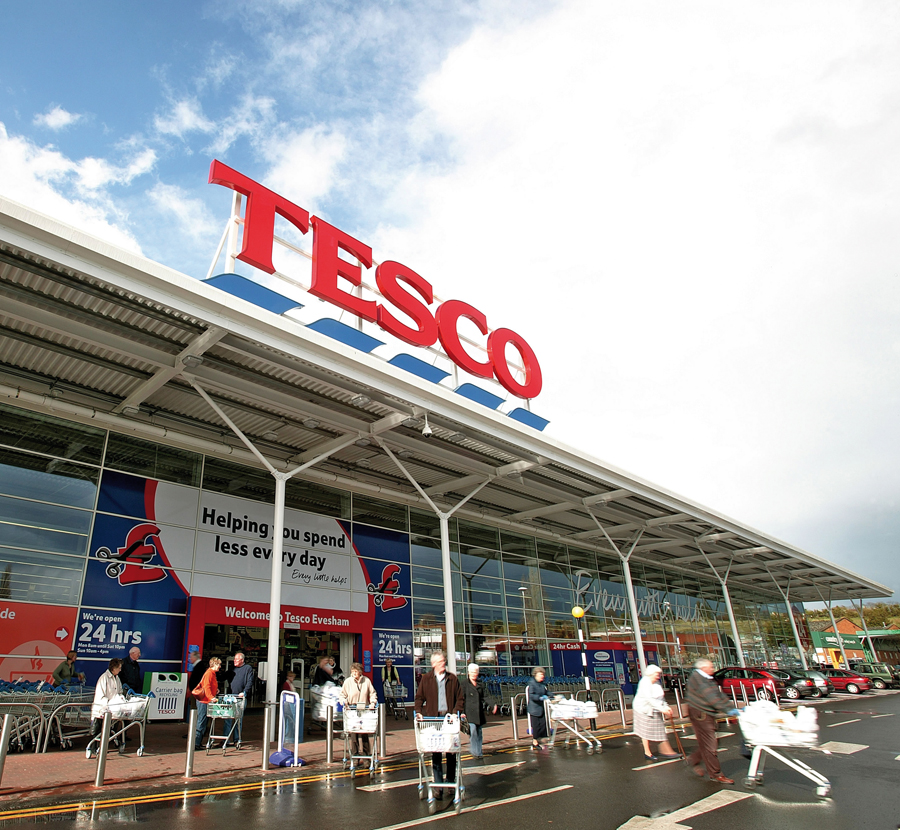Household Bills
Fury as sanitary products deemed ‘non-essential’ in Wales

There was social media outrage this morning after Tesco claimed it was told by the Welsh government that period products were not classed as “essential” and so it couldn’t sell pads or tampons under lockdown rules.
The row erupted after a Twitter user called Katie claimed she was told by Tesco that she couldn’t buy period products as they were not classed as “essential” by the Welsh government.
Tesco responded: “We understand how frustrating these changed will be for our Welsh customers. However, we have been told by the Welsh Government not to sell these items for the duration of the firebreak lockdown.”
Tesco later deleted the Tweet and the Welsh government issued a statement claiming Tesco was in the wrong. It said: “This is wrong – period products are essential. Supermarkets can still sell items that can be sold in pharmacies. Only selling essential items during firebreak is to discourage spending more time than necessary in shops. It should not stop you accessing items that you need.”
What is a “non-essential” item?
The Welsh Government has been heavily criticised after banning supermarkets from selling “non-essential” items such as clothing and books during Wales’ 17-day lockdown which began on Friday.
The lockdown means shops selling “non-essential” items have been forced to close. To make things “fair” the Welsh government has asked supermarkets to stop selling “non-essential” items too. This has led to certain supermarket aisles being cordoned off or products covered up.
But the issue of what is and isn’t essential has proved both controversial and confusing.
The Welsh government said the products and services which can be sold in stores are any products which would normally be sold in
- food and drink retailers (including off licences)
- newsagents
- building supplies and hardware stores
- pharmacies and chemists
- bicycle shops
- petrol stations
- garages and vehicle hire businesses
- post offices, banks, building societies and similar
- pet shops
- agricultural and aquacultural supplies shops
- livestock markets and auctions
But it also said that retailers which remain open can’t sell the following:
- electrical goods
- telephones
- clothes
- toys and games
- garden and homeware products
The Welsh Government said: “Products that can’t be sold, but which are normally located amongst goods that can be sold, should ideally either be removed or sealed off, preferably the former.
“Where these products remain on the shop floor, shops should make it clear to customers that they are not for sale. We expect shops to ensure that these products are not sold, though enforcing this rule need not necessarily be the responsibility of front line staff such as those working on the checkout.”
Consumer confusion
The Association of Convenience Stores (ACS) has called on the Welsh Government to drop its ban on so-called non-essential products.
The calls come after the Welsh first minister Mark Drakeford said retailers could now use their “discretion” around whether or not to sell non-essential goods.
James Lowman, ACS chief executive, said: “The non-essential product restrictions have put huge pressure on colleagues in stores. Retailers and their colleagues in Wales are on the front line dealing with customers who are understandably frustrated about the confusing rules, put in place with just a few hours’ notice on Friday afternoon.”
What’s happening in England?
In England, regions and cities are under one of three tiers. Tiers two and three face the most restrictions – but all shops are allowed to remain open and there are no rules about what can and can’t be sold.
However, some of the major supermarkets including Aldi, Tesco and Sainsbury’s, have all advised that only one person from each household should visit the supermarket, where possible.
During the first lockdown in March government guidelines suggested people should only leave home for “basic necessities” such as food.
However, supermarkets were not instructed to halt the sale of any particular product or anything deemed “non-essential”.